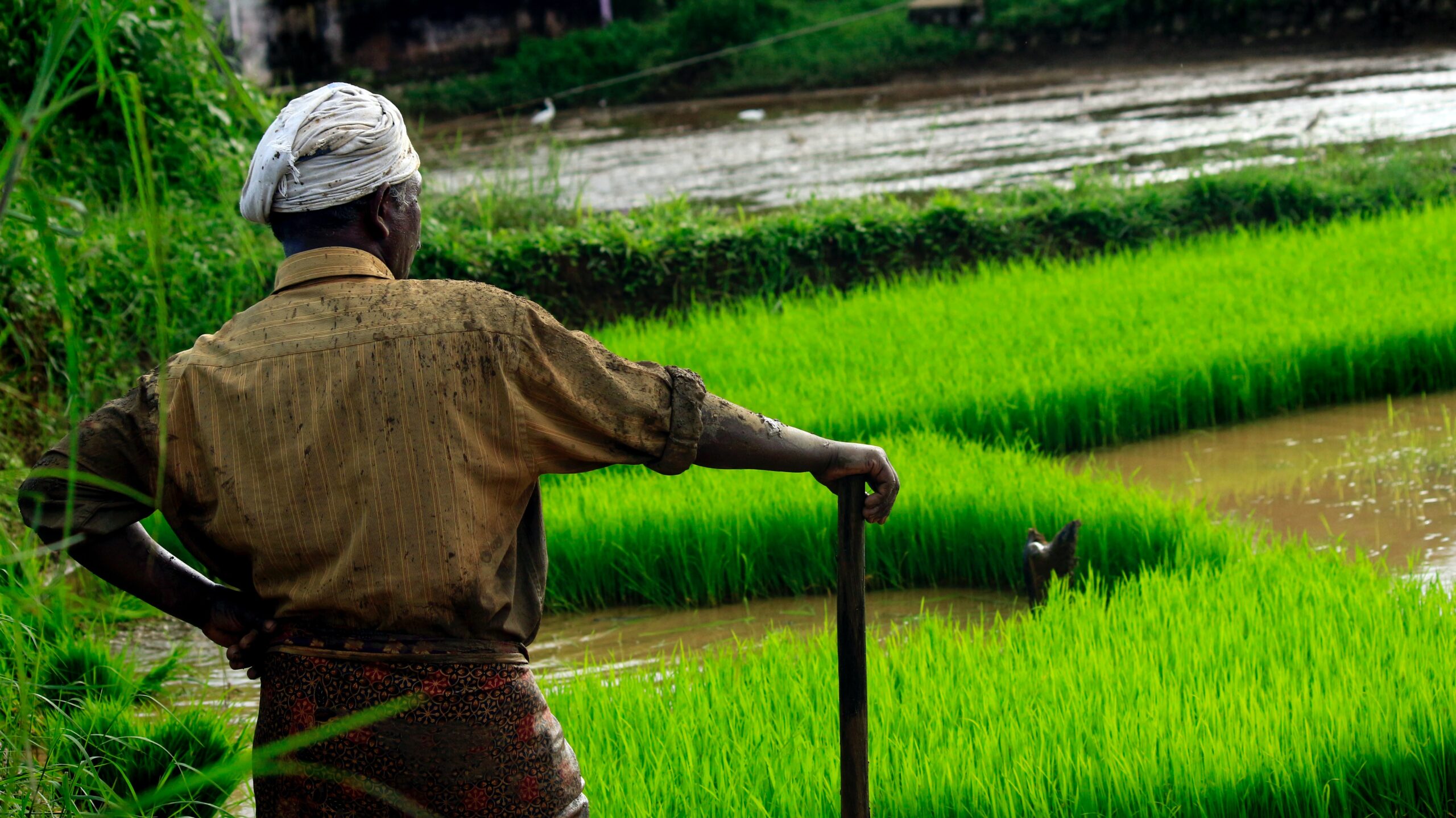Introduction:-
“Indian organic farming combines traditional methods with cutting-edge sustainability. This environmentally sustainable strategy, founded on centuries-old customs, is gaining popularity. It offers healthier produce, preserved ecosystems, and a greener future despite obstacles. India’s experience with organic farming is proof that you should work with nature rather than against it.
Historical Context
Indian organic farming has historical roots in traditions like “jivamrita” and “panchagavya,” which are comparable to contemporary organic farming. Crop yields increased as a result of the Green Revolution, but the environment, water, and soil suffered. This resulted in a renewed emphasis on traditional, sustainable farming. Today’s organic farming in India combines traditional knowledge with cutting-edge concepts to promote better food, a greener future, and environmental preservation.
Current Status of Organic Farming in India
The following key factors highlight the current status of organic farming in India:
1: Area Under Organic Cultivation:When it comes to organic farming, India is one of the top nations. According to the Ministry of Agriculture and Farmers Welfare, more than 3.6 million hectares of land in the nation were set aside for organic farming in 2020.
2:Certification and Regulation:India has built a strong certification and regulatory system to guarantee the authenticity of organic products. Two well-known programs that certify organic produce are the National Program for Organic Production (NPOP) and the Participatory Guarantee System for India (PGS-India).
3:Crop Diversity:Cereals, pulses, fruits, vegetables, spices, and cash crops like tea and coffee are all included in India’s organic farming industry. The variety of organic products is evidence of how adaptable this agricultural technique is.
4:Export Market:Organic goods are widely exported from India. Some of the top countries where Indian organic products are exported are the United States, Canada, and the European Union. Exports of organic goods have been increasing, helping the nation’s agricultural economy.
Benefits of Organic Farming:
1:Environmental Sustainability: The use of synthetic chemicals is minimized while soil erosion is reduced and biodiversity is promoted through organic agricultural practices. These methods assist in reducing the negative effects of climate change and promote long-term environmental sustainability.
2:Soil Health: Utilizing techniques like crop rotation, composting, and minimal tillage, organic farming methods put soil health first. Crop resilience and production are increased by healthy soil.
3:Healthier Food: The absence of industrial pesticides and genetically modified organisms (GMOs) makes organic produce a healthier option for customers. It frequently contains more of some minerals and antioxidants
4:Farmers’ Livelihoods: Small and marginal farmers may be able to make a living through organic farming. It can increase their income and standard of living by lowering their reliance on pricey chemical inputs.
Future Prospects:
Given the continued increase in consumer demand and awareness for organic products, organic farming in India appears to have a bright future. The following variables all play a part in its promising future:
1:Government Support: Government programs including subsidies, training sessions, and support for research are anticipated to increase the use of organic farming.
2:Consumer Demand: The demand for organic vegetables is being driven by an increasing population of environmentally and health-conscious consumers. This pattern is probably going to last.
3:Technological Advancements: Organic farming will become more productive and sustainable as long as ongoing research into pest control, soil health, and organic agricultural methods continues.
Conclusion
From its traditional beginnings, organic farming in India has gone a long way and now constitutes a sizeable portion of the nation’s agricultural industry. It provides an environmentally benign and sustainable substitute for traditional farming methods. Even if there are obstacles to overcome, organic farming is an essential part of India’s agricultural landscape since it improves soil health, farmers’ livelihoods, and consumers’ quality of life. The future of organic farming in India looks bright with continuous government support, technical breakthroughs, and rising consumer demand, helping to create a more sustainable and healthier agricultural system.

